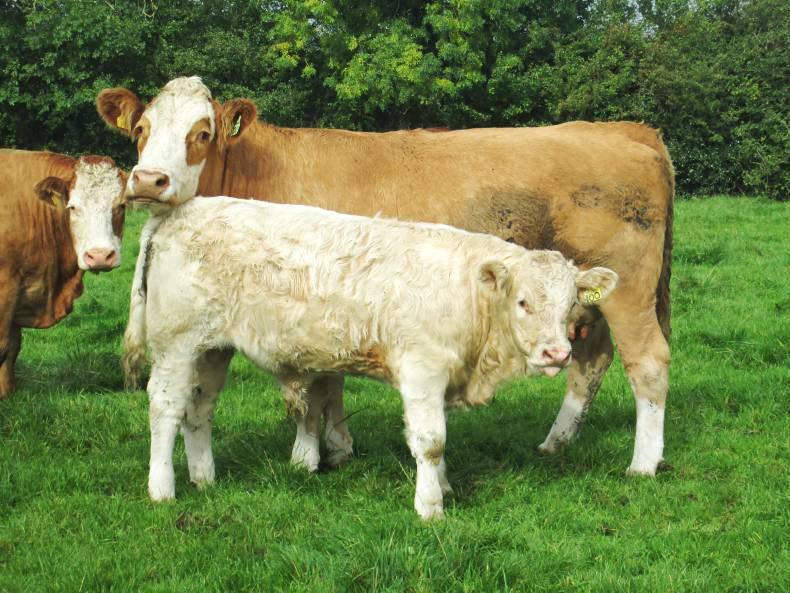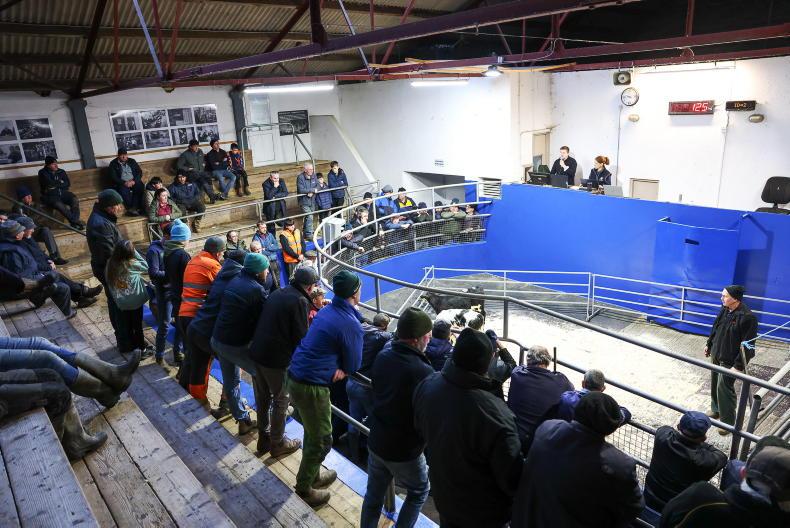With the Scottish beef industry intent on retaining coupled payments targeted at suckler cows after Brexit, the National Beef Association (NBA) in NI is to consider whether it will lobby for a similar payment here.
Raising the issue at the NBA annual general meeting held earlier this week, NBA chief executive Chris Mallon pointed out that while World Trade Organisation (WTO) rules limit the extent to which headage payments can be used, there is wriggle room.
Scotland is the only region to have a coupled payment, so in the UK context, the amount of money involved is small, and well within current rules. “There is no chance of England going this route, so it is possible to assign coupled payments in the devolved regions,” suggested Mallon.
In Scotland, the coupled scheme is targeted at beef-bred calves from the suckler herd. The 2017 scheme paid 6,485 businesses at a rate of £99 per calf in mainland Scotland and £144 per calf on Scottish islands.
“It has worked well in Scotland. There is a precedent for NI. There will definitely be a payment in Scotland going forward,” said Mallon.
On wider Brexit issues, the NBA chief expressed frustration that the Agriculture Bill, expected this month, has been delayed to September.
“We are in London every week at meetings to discuss policy options. Every time we go, we get told something different. It is just ideas – still the same type of discussions as one year ago. Without the bill, there is nothing to argue against at the moment,” he said. He also expressed concern at the lack of NI representation in Brexit discussions, but pointed out that with the Scottish National Party pushing hard for autonomy in decision-making from London, it could ultimately benefit all devolved regions.
Trade
Looking at future trade, Mallon expects the British beef market to be a prime target for low-cost producers after Brexit. In particular, the likes of Australia and New Zealand want to sell Angus and Hereford beef. “The idea that they just want access for sheep is a red herring,” said Mallon.
However, he doesn’t believe that the UK government will move to lower standards, allowing the likes of hormone beef or chlorine-washed chicken on to the UK market.
“To do that would require a change to law. It would take a very brave minister to stand in parliament and say: ‘I want to bring in hormone-treated beef,” suggested Mallon.
Instead, he maintained that the UK beef industry must consider how it can differentiate itself from imports, and must focus on building a British beef brand easily recognisable by consumers.
He also pointed out that government officials are in discussion with the EU, both on a new UK/EU free-trade agreement, and on how existing trade deals with non-EU countries are shared out after Brexit. Ultimately, he believes agreements will be reached (as anything else would be too damaging economically) which should mean current trade continues as it is.
New chair
At the NBA AGM, Co Down suckler producer Stephen Heenan was elected as the NI chair, replacing Fermanagh farmer John Sheridan. The new vice-chair is Co Down beef producer Ernie Ritchie.









SHARING OPTIONS